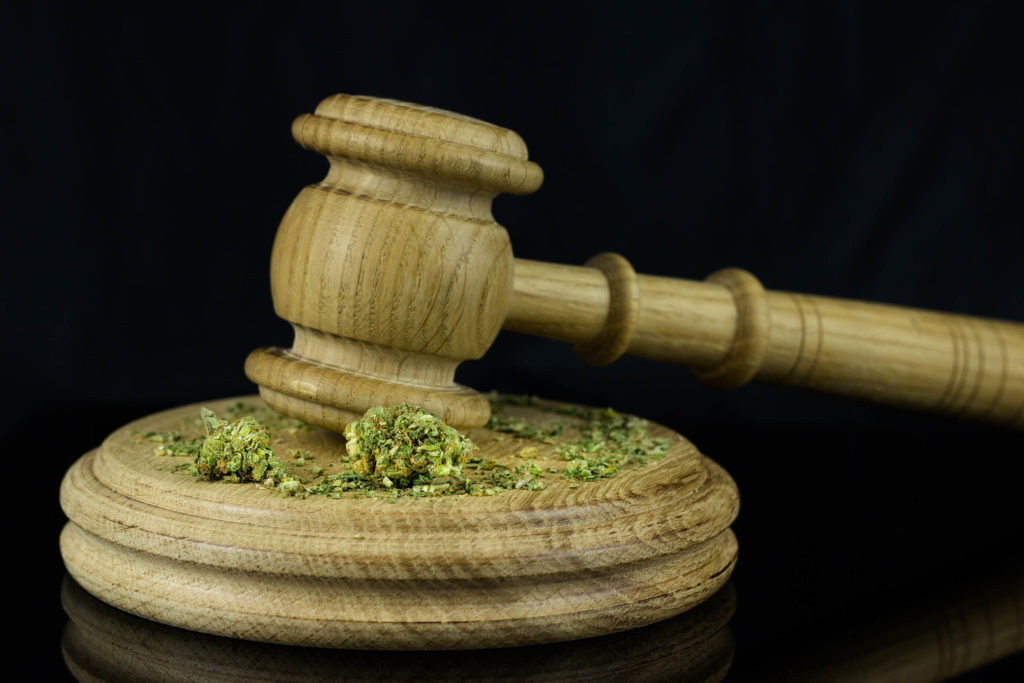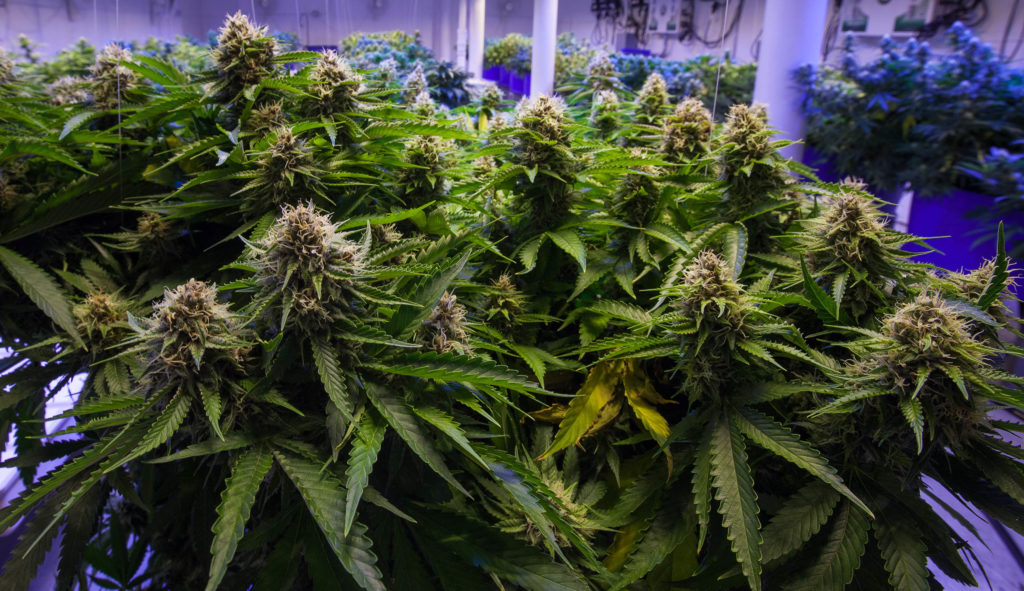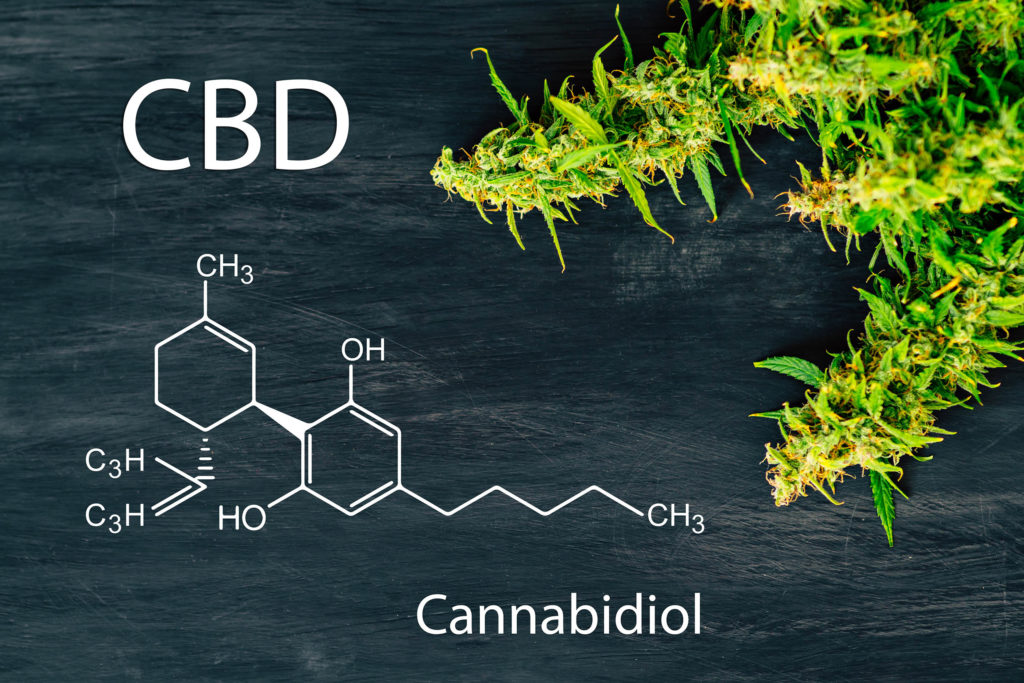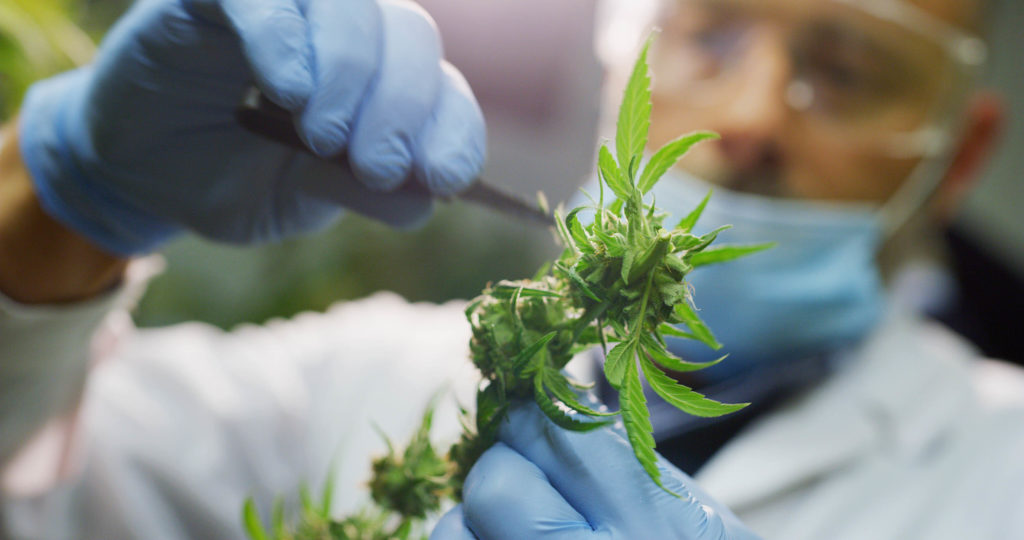Cannabis in Italy
This originally appeared at https://sensiseeds.com/en/blog/countries/cannabis-in-italy-laws-use-history/
Using cannabis in Italy is not illegal. However, possessing or selling it is. The law is lenient on those caught with cannabis for the first time, but repeat offences usually incur administrative sanctions. Italy legalised cannabis for medicinal use in 2007, when the government acknowledged the therapeutic benefits of THC for a variety of medical conditions.
- Capital
- Roma (Rome)
- CBD Products
- Legal under 0.6% THC
Cannabis laws in Italy
Can you possess and use cannabis in Italy?
The 1990 Consolidated Law is still used as a framework for the prevention, prohibition and punishment of drug-related activities. Under this law, use of cannabis is not illegal, but possession is.
Law 79 (introduced in 2014) identified cannabis as one of the less dangerous drugs. Possessing cannabis may result in the suspension of a driving licence, or the loss of it for one to three months. For harder drugs, this punishment is extended to two to twelve months. First-time offenders usually receive a warning and a formal request, asking them to stop using cannabis.
The law further changed in 2016, permitting and regulating hemp production. This resulted in what some call Italy’s ‘cannabis mania’, with many retailers selling ‘cannabis light’ in their shops. While this can be purchased freely, the law does not permit its consumption in any form. Instead, it is sold as a ‘collectors’ item’ and can only be used for ‘technical purposes’.

Can you sell cannabis in Italy?
It is illegal to sell or supply cannabis in Italy. If caught selling cannabis, the punishment is less severe than for ‘hard drugs’ (e.g. cocaine or heroin). Selling heroin, for example, can result in up to twenty two years in prison. By contrast, sale of cannabis only results in a maximum of six years.
There are some exceptions to this. If the offence is regarded as minor, the prison sentence is limited to a maximum of four years and could be as little as six months. When passing sentence, the Italian judicial system takes into account the mode of sale, the offender’s character, their conduct and the motives for selling.
Can you grow cannabis in Italy?
Hemp cultivation has been legal in Italy since 2016. This has proved to be of significant benefit to some Italian businesses, who have started manufacturing hemp-based products such as hemp pasta and building materials. It is also legally grown by the Italian military – the only organisation currently permitted to grow medicinal-strength cannabis. At present, they are struggling to keep up with demand.
Also in 2016, Italy’s parliament debated the possibility of legalising the cultivation of up to five plants for personal use. The suggestion met with strong opposition, notably from Catholic law-makers and the far-right political parties.

Is CBD legal in Italy?
Therapeutic CBD oil (used for medical conditions) is legal to purchase and use. It can only be purchased with a doctor’s prescription from a pharmacy.
It is also legal to purchase CBD oil without a prescription, but the levels of THC (the component that provides the ‘high’) must be 0.6% or less. It can be sold as a ‘food additive’ (much like hempseed oil) but not for ‘technical use’.

Can cannabis seeds be sent to Italy?
It is legal to purchase and sell cannabis seeds in most European countries, including Italy. It is also legal to send them in the post. However, Italian law does not permit the cultivation of cannabis seeds, so you cannot grow plants from them.
The sale and purchase of cannabis flowers (known as buds) is also legal, as long as the THC content is below 0.6%. Called ‘cannabis light’ by Italians, the ‘bud’ industry is thriving. Gennaro Maulucci, who organises a hemp-based trade fair in Italy, comments that: “It’s a new economy, it feels like Silicon Valley.” He adds that “even cannabis light can contribute to the normalisation of cannabis.”
Medicinal cannabis in Italy
In 2013, the Italian government legalised the use of cannabis for medicinal purposes. But up until 2017, patients were only able to use Bedrocan – a product that is imported from the Netherlands and is expensive to buy.
In 2014, parliament legalised cannabis production in Italy. However, only the Ministry of Defence were permitted to grow it. As a result, the military-owned Institute of Pharmaceuticals in Florence is the only place that cultivates cannabis for medicinal use. Astonishing as it may seem, the Italian military are responsible for growing cannabis!
Demand for medicinal cannabis has been increasing steadily year after year. Some, however, regard the price and complexity of obtaining it as not worth the effort. This means that individuals are still turning to black market suppliers, rather than operating within the law.

Industrial hemp in Italy
In the 1940s, Italy was believed to be one of the world’s largest producers of hemp. Over 100 hectares of land were devoted to its cultivation. This changed after World War II, when hemp production was banned entirely.
In 2017, the Italian Ministry of Agricultural, Food and Forestry Policies issued a new directive stating that hemp cultivation was legal again. Stipulations were put into place:
- The level of THC should not exceed 0.2%, as stated in European legislation
- If it is higher but does not exceed 0.6%, the farmer will not be penalised
- If plants contain more than 0.6% THC, the authorities have the right to destroy or impound the farmer’s crops / growing facility
Italy’s political parties and cannabis
Many of the popular political parties in Italy have differing views on the legalisation of cannabis. The Five Star Movement (who are largely ‘anti-establishment’) believes that it should be legalised, as do the Democratic Party (PD).
Their views are met with strong opposition. The far-right League Party are openly against cannabis use and oppose all suggestions to legalise it. Likewise, the Roman Catholic Church adopts a strong stance against it.
With Italy’s political future in the balance, the legalisation of cannabis relies largely on which party will be voted into government next.
Good to know
If you are travelling to Italy (or currently reside there), it is useful to know the following:
- 20.7% of young adults claim to use cannabis in Italy (‘young adults’ are defined as being between 15 and 34 years old).
- Herbal cannabis and hash (cannabis resin) are the most commonly seized drugs in the country.
- In 2016, the government attempted to pass a law permitting individuals to grow up to five cannabis plants in their own home. The law would also have allowed the formation of social cannabis groups (up to 50 growers). The law was not passed, due to strong opposition from other political parties and the Roman Catholic Church.
Italian cannabis history
Hemp cultivation in Italy dates back as far as the Roman era, with considerable cannabis growth occurring in the 1st century CE. There is also plenty of evidence that it was grown in medieval times, as a source of food, fabric and building material.
In the early 1900s, the Italian hemp trade flourished. There were four main varieties of hemp grown at this time:
- The Canapa Picola (small hemp) in the Arno Valley in Tuscany
- The Bologna (great hemp) in Bologna, Ferrara and Rovigo
- The Neapolitan (large-seeded variety) in Naples
- The Neapolitan (small-seeded variety), also in Naples
By the 1940s, Italy was one of the largest producers of hemp in the world. This booming industry declined rapidly after the Second World War. The introduction of synthetic fibres meant that there was less need for hemp fabric, and the growing negativity towards cannabis resulted in the government making hemp cultivation illegal.
Attitudes shifted again at the start of the 21st century. In 2016, industrial hemp production was legalised, leaving businesses free to start cultivating cannabis once more.
Modern attitudes to cannabis
Italy has a significant population of cannabis users. UNODC data suggests that in terms of prevalence of cannabis smoking, the country ranks twelfth in the world. Permitting the sale of ‘light cannabis’ also highlights the government’s relatively liberal stance.
However, others stand in direct opposition and call for cannabis to be made totally illegal again. The Roman Catholic Church is a notable example.
Can you receive cannabis on prescription in Italy?
Only patients with a doctor’s prescription and ministerial approval have access to medicinal cannabis. Some of the qualifying conditions are:
- Chronic pain
- Multiple sclerosis (MS)
- Tourette’s syndrome
- Glaucoma
- Anorexia
- Injury to the spinal cord
- Cachexia
- Nausea
Patients must have tried other treatments before being prescribed medicinal cannabis. Additionally, some of the conditions must be a result of other diseases or treatments. For example, anorexia or nausea must result from chemotherapy, radiation therapy or HIV / AIDS, and not be the primary condition itself.
Medicinal cannabis is only available from a pharmacy. Upon receiving the medication, a receipt must be supplied, signed and stamped by the pharmacist as an official record of the prescribed treatment.
It is not available on repeat prescription. To receive more supplies of medicinal cannabis, another prescription from the GP is required.
What is ‘Cannabis Light’?
‘Cannabis light’, which is usually sold in small jars, consists of just the flowers (‘buds’) of the cannabis plant. It is termed ‘light’ as its level of THC is 0.6% or below, which is far lower than the average 14% THC found in recreational cannabis. This means that ‘cannabis light’ does not produce a ‘high’.
The popularity of ‘cannabis light’ grew after hemp production was legalised in 2016. The law regulated the use of the hemp plant but not the flowers themselves, and producers saw a way to make a profit from this legislative void. Currently, over 500 shops in Italy stock it.
It is not just the retailers that benefit from these cannabis buds. Hemp farmers welcome the change in the law too. Salvo Scuderi, president of the agricultural cooperative Colli Erei, comments: “We launched a clear message: producing cannabis doesn’t just mean regenerating the land; it is also a way to weaken the mafia, which for decades has continued uninhibited in its quest to control the criminal business of drugs trafficking, and to give back to the farmers what the bosses had taken away from them.”